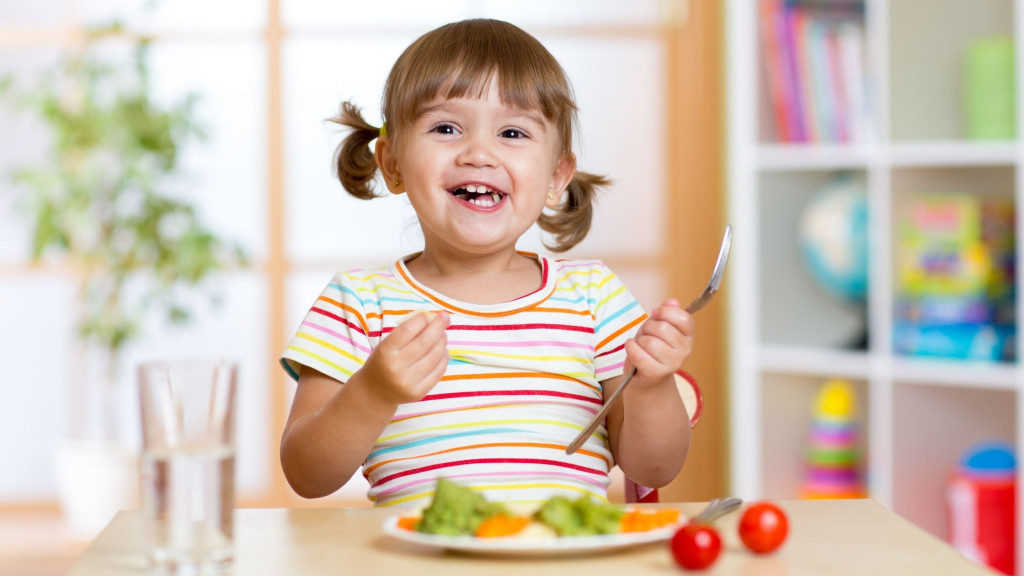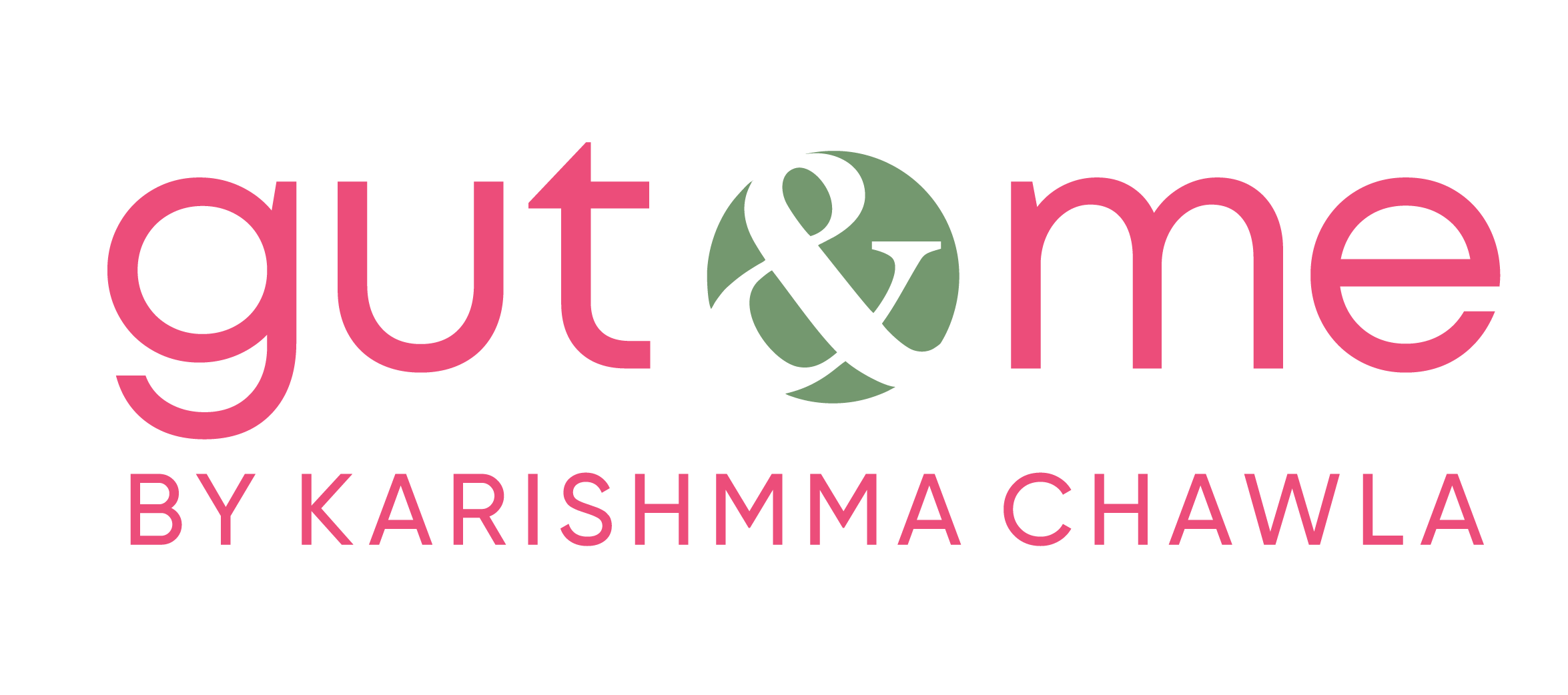Ever wondered why your child craves a pizza and not an apple when hungry??
Or why does your child say, “Mom I knew that answer”, but just blank out!! Here’s what Nutritional expert, Karishmma Chawla has to say.
Well, it is important to understand why healthy eating is so important for your child. Let’s look at the food behavior. Peer group, media, and body image (giving rise to eating disorders like anorexia or bulimia later in life) play an important role in determining their food choices.

Few Food Patterns to List by Nutritional Expert
- Irregular meal patterns
- No breakfast
- Dependency on junk foods
- Undernutrition or overeating
Parents can influence their food choices in a big way. Therefore it is imperative to firstly lead by example; by making healthy choices yourself and secondly by instilling the same in your child.
According to Karishmma, the nutritional expert, Energy requirements (in terms of calories) are higher than adults keeping in mind the growth and development the body goes through as well as their physical activities. It is equally important to take into consideration the high-stress levels coming from a packed day which can lead to inflammation, hence important to add foods that can help with lowering inflammation as well!
It is important to eat adequate protein for growth needs, bone development, and synthesis of hormones, and enzymes. Fat is important for a growth spurt and should be included in the meals, keeping in mind foods low in saturated fats. Foods rich in antioxidants must be included in meal plans to face physiological stresses and strengthen body systems.
Dietary Guidelines by Nutritional Expert:
- Consumption of whole balanced meals should be encouraged than dependency on junk foods (chips, pizzas, etc)
- Include calcium-rich foods like milk, curd, paneer, sesame seeds, and green leafy vegetables
- Include iron-rich foods like your favorite greens, can also add lime for better iron absorption
- Include protein-rich foods like eggs, meat, dairy products, nuts, seeds, pulses
- Include fruits by themselves, or in porridges or milkshakes
- Discourage overeating of sweets, chocolates, fried foods, ready to eat snacks, processed foods, biscuits, and soft drinks
- Educate your child about healthy eating habits
- Lead by example; children often ape the habits of the parents
- Encourage them to carry healthy nutritional dabbas instead of indulging in unhealthy eating habits
Healthy Snacks :
- Paneer parathas with green veggies
- Vegetable parathas- radish, pumpkin, mixed veggies
- Oats /moong dal/ besan chillas
- Vegetable paneer wholewheat/ pulse sandwiches
- Oats upma with veggies
- Fruits and nuts
- Paneer cutlets
- Quinoa cutlets
- Egg rolls
- Egg jowar chilla
- Red rice or brown rice poha
- Quinoa upma
- Buckwheat upma
- Zucchini noodles in pesto sauce with/without eggs
- Ragi idlis
Remember: The only thing that craves in your body are your taste buds, and it is easy to train these while you are young and still are developing the sense of taste!

Brain foods :
- It is essential to account for brain health with the progressive development along with helping with coping up with stress and exams, Hence adding these nutrient-rich foods would be beneficial according to nutritional experts.
- Vit B12: is involved in the function of every cell in the body. Is it an important nutrient in the functioning of the brain? Sources are animal foods like meat, fish, and eggs. As per the nutritional expert, Vitamin B12 helps combat memory loss and fatigue.
- A good level of Vitamin D also known as the sunshine vitamin helps in keeping the brain function in check. It is important to check its levels every six months and boost its levels with foods and supplements. Sources are egg yolk, salmon, and sardines
- Vitamin E is a fat-soluble antioxidant that is very important in the protection of the brain and peripheral nerve cells. Sources are whole grains, green leafy vegetables, nuts, apples, carrots, tomatoes, avocados.
- Vitamin C is helpful in protecting the brain and nerve cells. Sources being: green leafy vegetables, broccoli, parsley, citrus fruits, lemons, papaya, bell peppers, cauliflower
- Omega 3 fatty acids DHA (the most abundant fatty acid in the brain) is imperative for the proper functioning of the brain. Fatty fish including salmon and sardines are beneficial according to the nutritional guide shared by nutritional expert.
- Walnuts: help improve cognitive health. Its high levels of antioxidants and vitamins improve mental alertness.
- Avocados: contain monounsaturated fats that help improve cognitive function, both memory, and concentration.
- Blueberries: high antioxidant helps protect the brain from degeneration and stress.
- Broccoli: help keep the memory sharp with its high levels of choline.
- Eggs: rich in choline are one of the most fundamental neurotransmitters.
- Pumpkin seeds: rich in zinc play an important role in memory.
- Coconut oil: provides the energy necessary for the brain and also helps to lower inflammation.
Gut health:
70% of your immune system lies in your gut. Hence it would be a good idea to honor this organ and treat it with utmost love and care for gut health to be at its best! Can add probiotics in the form of fermented foods such as kefir, sauerkraut, and homemade yogurt. Can also add a good amount of prebiotics, that help with the growth of beneficial bacteria such as fruits, veggies, quinoa, and amaranth to name a few.
Unlock the power of nutrition for your child’s development. Consult with Karishmma Chawla to provide the best dietary support for their growing years.





